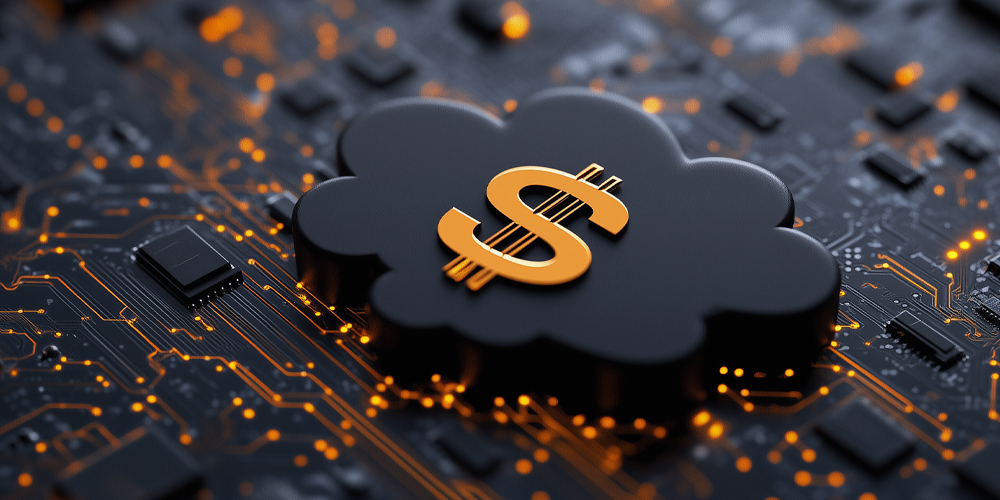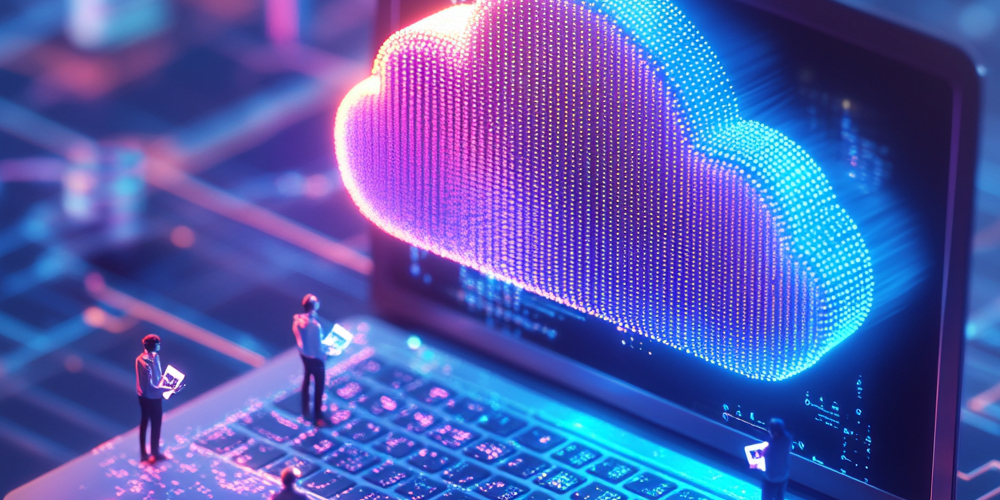The Future of IoT: Transforming Industries with Smart Technology
The Internet of Things (IoT) is revolutionizing how industries operate and connect. By enabling the interconnection of devices, sensors, and systems, IoT is paving the way for smarter and more efficient operations. This article explores the transformative potential of IoT, its diverse applications across various sectors, and future trends that will shape this dynamic field.
Understanding the Internet of Things
At its core, IoT refers to a network of interconnected devices that communicate with one another. These devices range from everyday appliances to complex industrial machines. Each device collects and shares data, allowing for enhanced monitoring and control. With this connectivity, organizations can streamline processes, enhance productivity, and improve decision-making.
The Growth of IoT
The adoption of IoT technology has accelerated in recent years. According to industry forecasts, the number of connected devices is expected to reach over 30 billion by 2025. This exponential growth signifies a major shift towards a more interconnected world. Businesses across various sectors are recognizing the benefits of integrating IoT solutions into their operations, resulting in improved efficiency and cost savings.

Key Benefits of IoT
IoT offers numerous advantages that can dramatically transform industries. Key benefits include:
- Improved Efficiency: Automation and real-time data sharing reduce manual processes, leading to increased operational efficiency.
- Data-Driven Insights: Continuous data collection enables organizations to analyze performance metrics and make informed decisions.
- Cost Savings: IoT solutions often lead to reduced energy consumption and lower operational costs through optimized resource management.
IoT Applications Across Industries
IoT technology is being adopted in various industries, each leveraging its capabilities in unique ways. Here are some of the prominent applications of IoT:
Manufacturing and Industry 4.0
The manufacturing sector is at the forefront of IoT adoption. Smart factories utilize IoT devices for monitoring machinery, managing supply chains, and optimizing production processes. Through predictive maintenance, manufacturers can address potential equipment failures before they occur, reducing downtime and minimizing production losses. This proactive approach enhances overall efficiency and drives innovation in manufacturing.
Smart Homes
In residential settings, IoT is transforming how individuals interact with their living spaces. Smart home devices, such as thermostats, security systems, and lighting controls, provide convenience, security, and energy efficiency. Homeowners can manage their appliances remotely through mobile applications, leading to increased comfort and reduced energy consumption. This trend towards home automation enhances the quality of life for many users.
Healthcare Innovations
The healthcare industry is experiencing a significant transformation through IoT technology. Wearable devices, such as fitness trackers and smartwatches, allow individuals to monitor their health metrics continuously. These devices can track vital signs and physical activity, providing valuable data for both users and healthcare providers. IoT also streamlines hospital operations, improving patient care and resource management through real-time data access.
Transportation and Logistics
IoT plays a crucial role in optimizing transportation and logistics. Fleet management systems utilize IoT devices to monitor vehicle locations, fuel consumption, and driver behavior. This data enables companies to improve route planning, reduce operational costs, and enhance safety. Moreover, IoT can facilitate real-time tracking of shipments, allowing businesses to provide better customer service and transparency throughout the supply chain.
The Future Trends of IoT
As IoT technology continues to evolve, several key trends are emerging. These trends will shape the future of IoT applications across industries:
Enhanced Security Measures
With the increasing number of IoT devices, security concerns have become paramount. Cybersecurity measures must adapt to protect sensitive data from potential breaches. Manufacturers are focusing on developing more secure devices, implementing encryption and authentication protocols to safeguard IoT networks. As the threat landscape evolves, organizations must prioritize security in their IoT strategies.
Edge Computing
Edge computing is gaining prominence within the IoT ecosystem. This approach involves processing data closer to the source, reducing latency and improving response times. By analyzing data at the edge, businesses can make quicker decisions and enhance the overall efficiency of IoT applications. Edge computing enables real-time analytics, making it particularly beneficial for time-sensitive applications.
Integration with Artificial Intelligence
The integration of IoT with artificial intelligence (AI) opens up new possibilities for data analysis and automation. AI algorithms can process and analyze vast amounts of data generated by IoT devices, enabling predictive analytics and enhancing decision-making. This synergy between IoT and AI will drive innovation across various sectors, allowing organizations to optimize their operations and gain a competitive edge.
Sustainability and Environmental Impact
As sustainability becomes a global priority, IoT technology is being leveraged to reduce environmental impact. Smart cities utilize IoT solutions to optimize energy usage, manage waste, and monitor air quality. These initiatives contribute to more sustainable urban living. Additionally, industries are adopting IoT technologies to improve resource management, reduce emissions, and promote eco-friendly practices.
Challenges Facing IoT Implementation
Despite its numerous benefits, the implementation of IoT solutions is not without challenges. Businesses must navigate various hurdles to successfully adopt IoT technology:
Interoperability Issues
One of the significant challenges facing IoT is interoperability. Different devices and platforms often have compatibility issues, hindering seamless communication. Establishing standardized protocols will be crucial for overcoming these challenges. Collaborative efforts among manufacturers and industry stakeholders are necessary to promote better integration of IoT solutions.
Data Privacy Concerns
As IoT devices collect vast amounts of data, privacy concerns are increasingly prevalent. Users may worry about how their data is being used and stored. Companies must prioritize transparency and ensure compliance with data protection regulations. Building trust with consumers is essential for the continued growth of IoT and its acceptance in everyday life.

Scalability Challenges
As businesses expand their IoT deployments, they may face scalability challenges. Ensuring that infrastructure can support a growing number of devices and data traffic is crucial. Organizations must invest in robust networks and cloud solutions to accommodate increasing demands. Proper planning and investment in scalable solutions will be essential for future-proofing IoT implementations.
Case Studies: Successful IoT Implementations
Examining successful IoT implementations can provide valuable insights into best practices. Here are a few notable case studies:
1. General Electric (GE)
GE has embraced IoT in its industrial operations, implementing the Predix platform to analyze data from industrial machines. This platform enables predictive maintenance, reducing downtime and increasing operational efficiency. GE’s use of IoT has transformed its approach to asset management, leading to significant cost savings and improved performance.
2. Nest Labs
Nest Labs, a pioneer in smart home technology, revolutionized home automation with its smart thermostat. The device learns user preferences and adjusts heating and cooling accordingly, optimizing energy consumption. Nest’s success demonstrates the potential of IoT to enhance everyday life while promoting energy efficiency.
3. Philips Lighting
Philips Lighting has integrated IoT technology into its lighting solutions through the Philips Hue smart lighting system. Users can control their lighting remotely, create schedules, and customize settings. This application of IoT not only enhances convenience but also promotes energy savings and sustainability in homes and businesses.
Conclusion
The future of IoT is bright, with the potential to transform industries significantly. As technology evolves, businesses must adapt to leverage IoT effectively. By understanding the benefits, applications, and challenges, organizations can position themselves for success in this interconnected world. Embracing IoT technology will lead to improved efficiency, better decision-making, and enhanced quality of life. As we move forward, the integration of IoT into everyday life will continue to shape the way we work, live, and interact with our environment.




